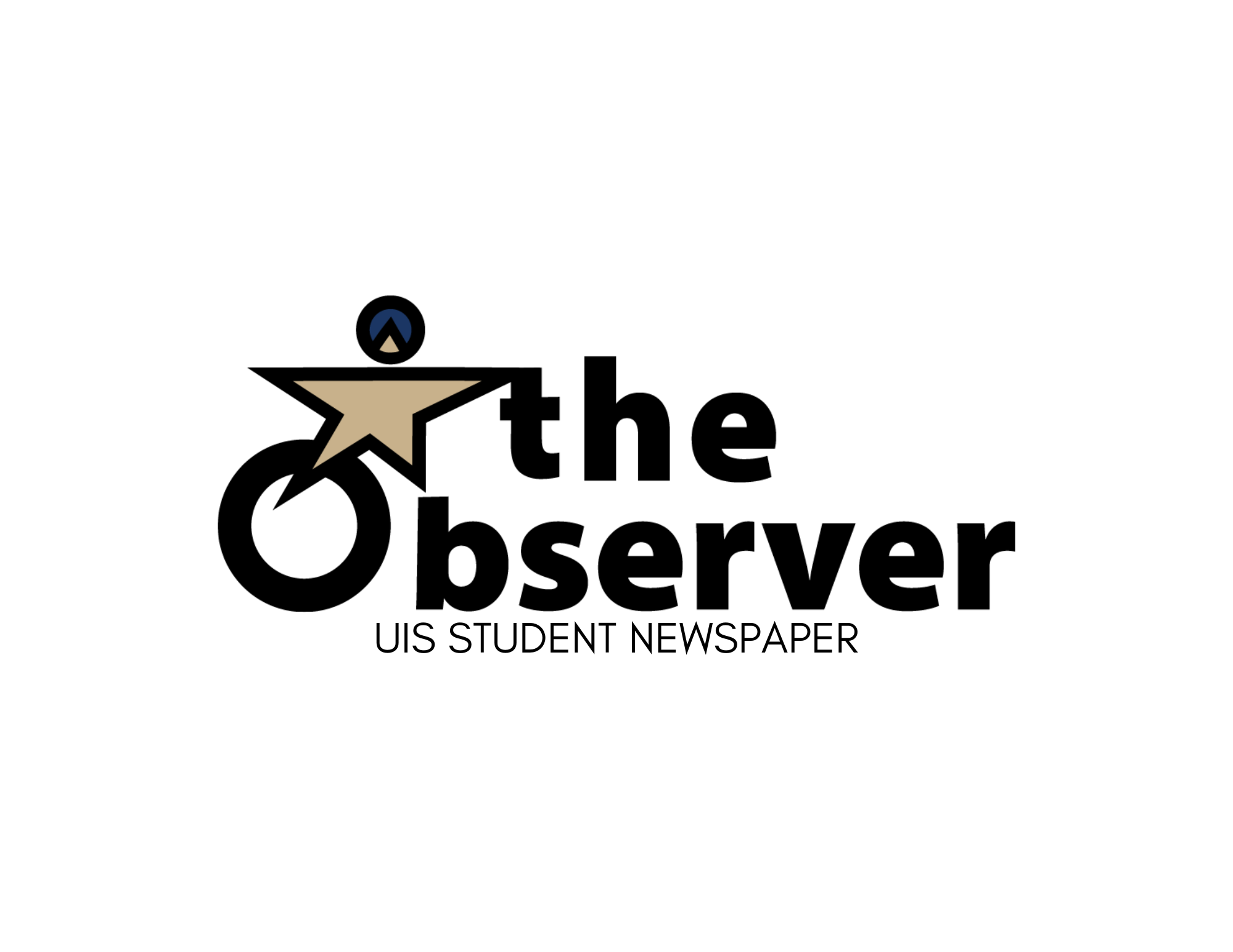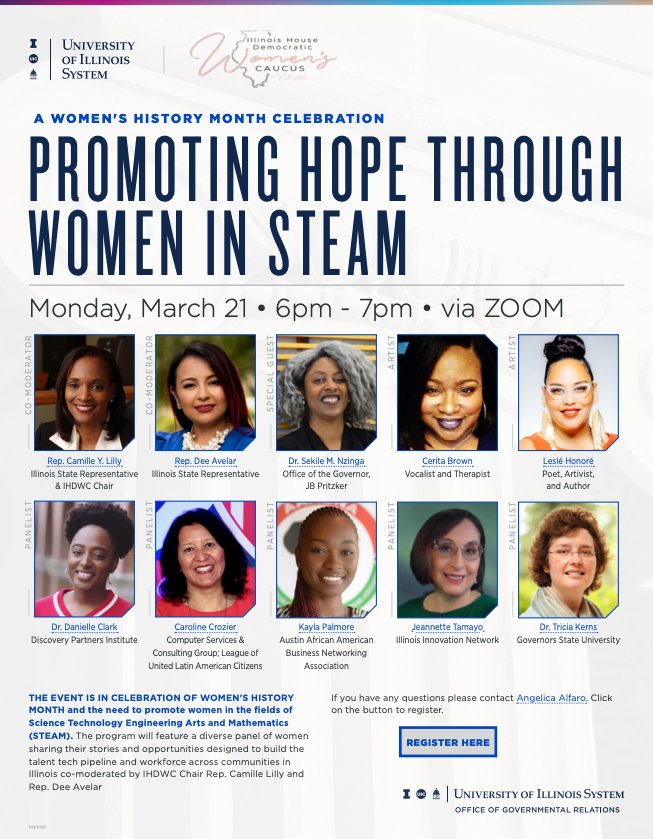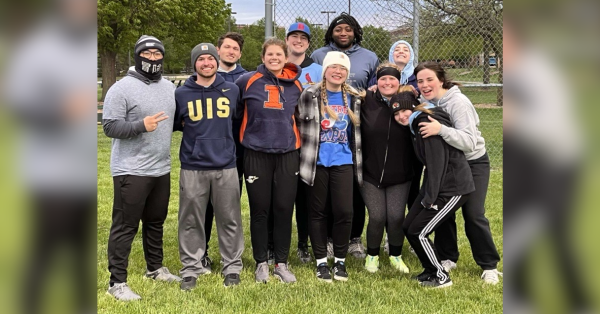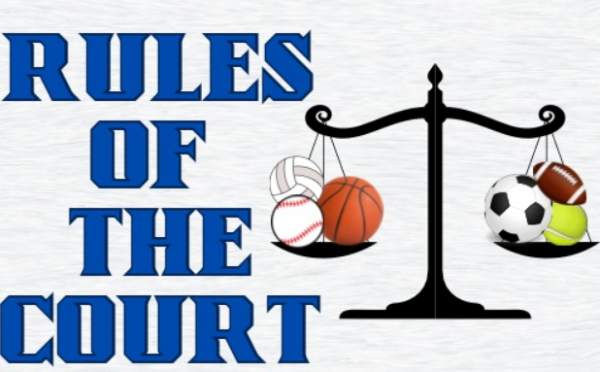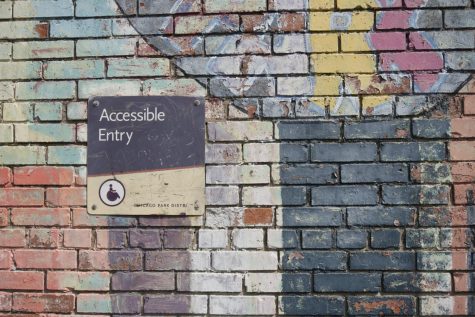Women in STEAM
STEM has been the acronym used to describe work and education in the fields of science, technology, engineering and mathematics since the early 2000s– but lately, there has been a movement advocating for the addition of the arts to this acronym. STEAM- the more recent form of this acronym- values the integration of both analytical and creative approaches to learning and problem-solving.
The humanities have been generally considered separate from (and in some cases even the opposite of) STEM. There are still many students who believe that they have to be geared for either one or the other.
This academic expectation might fall even harder on women- regardless of their field- because of additional expectations originating from a lack of representation in that field. For example, many women in STEM commit themselves fully to STEM despite having other interests because being a woman attempting to achieve in those fields already comes with its own setbacks and hardships. Alternatively, it may have never occurred to them to peruse multiple aspirations- after all, who has ever heard of a scientist/poet/actor?
Aomawa Shields is an exoplanet astronomer at the University of California, Irvine. She shared that although she has wanted to study space since childhood, she had backed out of finishing her Ph.D. due to feeling alone in her program- she had no one who looked like her. She instead pursued acting- something else she has always wanted to do- before deciding to go back and finish her Ph.D. Her creative background has helped shape and inform her scientific studies.
Mae Jemison is known for being the first African American woman to go to space- but many people may not know that she has a background in dance. She is a huge advocate for the integration of arts and science- she has said “People think of the arts and sciences as separate and not connected both of them are required for creativity, both of them are required to move the world forward.”
On March 21, 2022, a panel of several women sat down and shared their stories about being women in their STEAM-related fields. “Promoting Hope Through Women in STEAM” was a Women’s History Month event presented by the U of I System and the Illinois House Democratic Women’s Caucus.
The event featured women from a wide range of fields, from business to music and computer science to writing. Each woman, however, still mentioned the need to work hard to get where they are in their field- a phenomenon that women who work in any field know well.
Dr. Danielle Clark of the Discovery Partners Institute was a first-generation graduate- her schooling has helped her understand performance gaps and where they appear. “I am noticing that we [women] are not in spaces where we should be in,” Clark says. “I notice that we are capable, I notice that we are special, I notice that we are brilliant, we are some of the most educated people in this world, but we are still missing in so many spaces.” Dr. Clark works with Black, Brown, and women talent in the city of Chicago and is dedicated to lending her expertise and skills to doing so. “It was a no-brainer for me to do that,” she states. “Particularly in Chicago where we are a minority city, it just makes even more sense to ensure that my Black and Brown sisters are getting the same equitable opportunities as our counterparts.”
Caroline Crozier, the founder of Computer Services & Consulting Group, speaks on having passion, pride, and perseverance in pursuing anything. The passion for a community, the pride to come back to that community and pay it forward, and the perseverance to never give up. “We [women] have to change that paradigm [by] asking, and not always asking, but being at the table- to be there for the future generation,” she says.
Jeanette Tamayo of Illinois Innovation Network is an immigrant who was thrust into American society from a young age. She grew up in a world where she was constantly told to “be a good Spanish girl” and everything that comes with that. Tamayo, however, begs viewers to question those notions and ask, “why not?” “No matter what you’re told, ask that ‘why not?’” says Tamayo. Because in that ‘why not’ there is real power and there’s real strength.”
Governor State University’s Dr. Tricia Kerns reflects on the start of her career in manufacturing. She was quick to develop her skills in manual labor, and she was the only woman among her peers to do so. “I often had a surrounding audience of men who would say, ‘you’re not supposed to be on that forklift’ and I said very proudly with a pink hard hat on, ‘yes I am,’” Kerns describes. She even mentions that she did feel the need to work harder than her male counterparts in order to get ahead. Yet, even with that being true, Kerns never felt ashamed or afraid of taking the first step in terms of furthering her career. She encourages viewers to do the same. “Don’t be afraid to put your hand up, and don’t be afraid of being the only one. As uncomfortable as it might be, just say ‘I’d like to give that a chance if you don’t mind.’”
Women working or studying in any field are bonded by this experience. An experience that tells women to hold tight to and value greatly the successes and achievements that do happen because they just mean that much more to them. This experience is one reason why the “A” in STEAM should not be kept separate, it helps speak to the universality, the totality, and humanity of the people working within those fields.
Vocalist and therapist Cerita Brown shared that art is “about the appreciation of beauty, which is something that we all possess.” She herself speaks about how she works in mental health, music, and creative writing. This event, to her, was about celebrating people – women specifically – because “taking time to appreciate our work [and] who we are as women” is a part of what makes art.
So yes, the fields surrounding science and humanities are more alike than they are different. And yes, they explore and examine different content in vastly different ways. However, at each subject’s core, there is the desire and the consistent effort to make this world a better place. It is that common desire that calls for the fuller acronym of STEAM.


